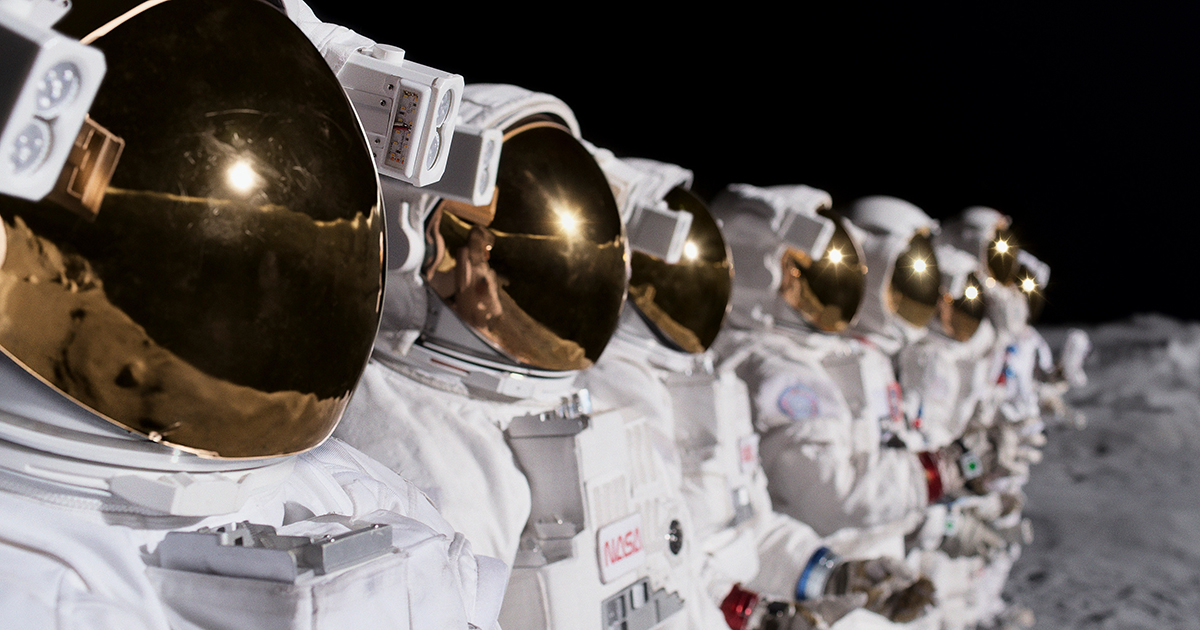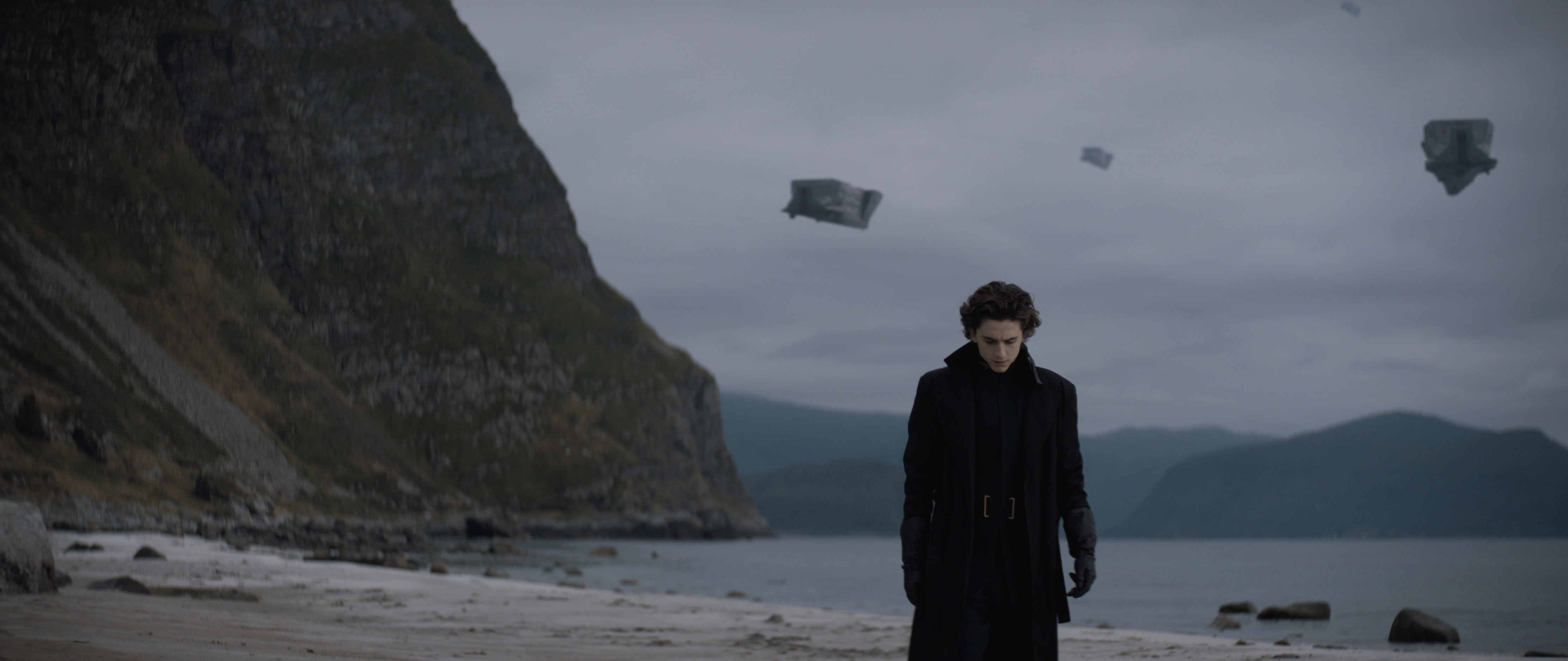
After a pandemic-induced theatrical delay and unusually long filming period, Denis Villenueve’s adaptation of “Dune” will make its public debut Oct. 22.
The production follows on Villeneuve’s successful Blade Runner sequel (not quite as closely as intended), but sci-fi fans are pinning both hope and scrutiny on this film, which plans to avoid the five-hour trap that plagued its predecessors by cutting Frank Herbert’s epic Dune novel into a more manageable two-part series (which is what I also had to do because #deadlines).
But how will this sci-fi hero’s journey be received by modern audiences, used to tragically flawed and complicated characters? Will the Homeric movie be judged on its own merits or will the book-to-film adaptation be panned both by Dune purists and 21st century audiences, who are quick to read themes of arch colonialism and misogyny into period films and less inherently fraught narratives?
Many of those concerns seem to be acknowledged but ultimately not accepted by director Villenueve, as told to Wired’s Angela Watercutter in a phone interview.
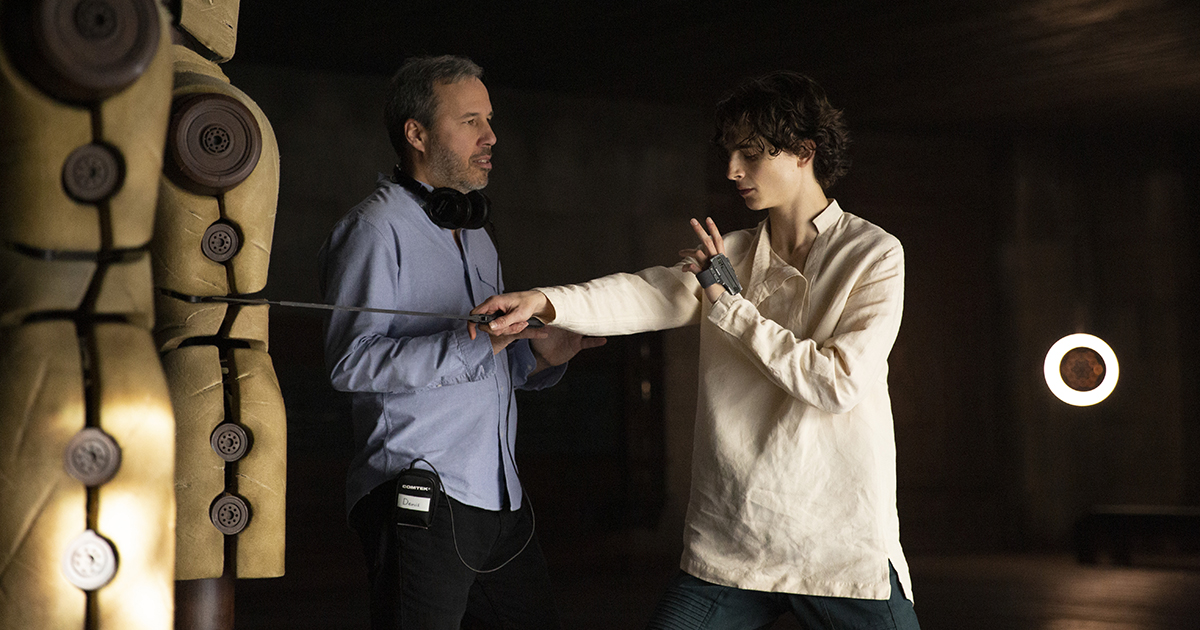
Photo credit: Chiabella James
“The book is probably a masterpiece, but that doesn’t mean it’s perfect.” Villenueve shared this cheeky statement in response to a question about rounding out the villain Baron Vladimir Harkonnen for Stellan Skarsgård’s portrayal. But it could have just as easily summed up Villenueve’s take on this epic endeavor.
The enormous scale of this adaptation is a fixture of conversations around any Dune production, and Villeneuve’s is no exception. The difference for this film lies in the director’s good natured attitude to the task: “You know what the biggest challenge is? It’s to be able to reach the level of passion and the image I had as a teenager. To please that teenager is very difficult.”
Villeneuve first read Herbet as a 13 year old, but found the arresting imagery and concepts stood the test of time. “It stayed with me through the years, haunted me. So, when people were saying, ‘Well, what would be your biggest dream?’ I would say, ‘Dune.’”
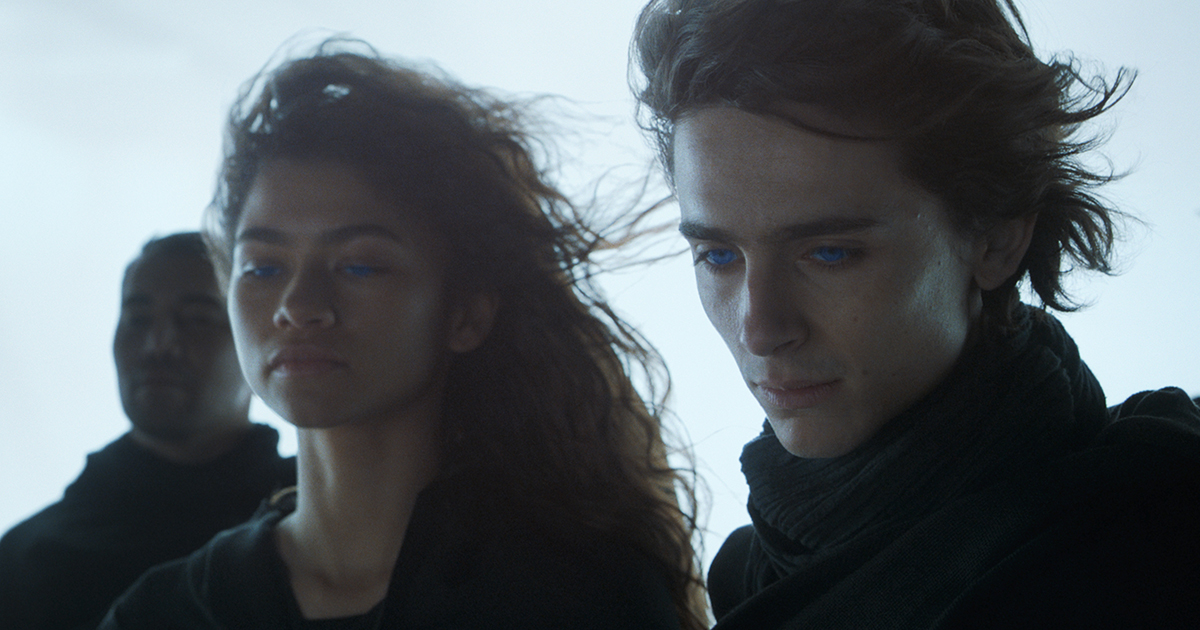
Decades later, with several ambitious films under his belt, he deemed himself up to the challenge when producer Mary Parent approached him about the project. “We met and the deal was made in 45 seconds. I wanted to do it. They wanted to do it with me. And we shared the same passion and same vision of what the movie should be.”
“It stayed with me through the years, haunted me. So, when people were saying, ‘Well, what would be your biggest dream?’ I would say, ‘Dune.’”
Denis Villenueve
And What Is That Vision?
According to Villeneuve, “The most important thing for me is to keep the sense of adventure and that sense of an epic. I didn’t want the complexity of the story to be in the way of the entertainment value, of the power of the movie, the emotional value of the movie. I wanted the movie to be quite a ride.”
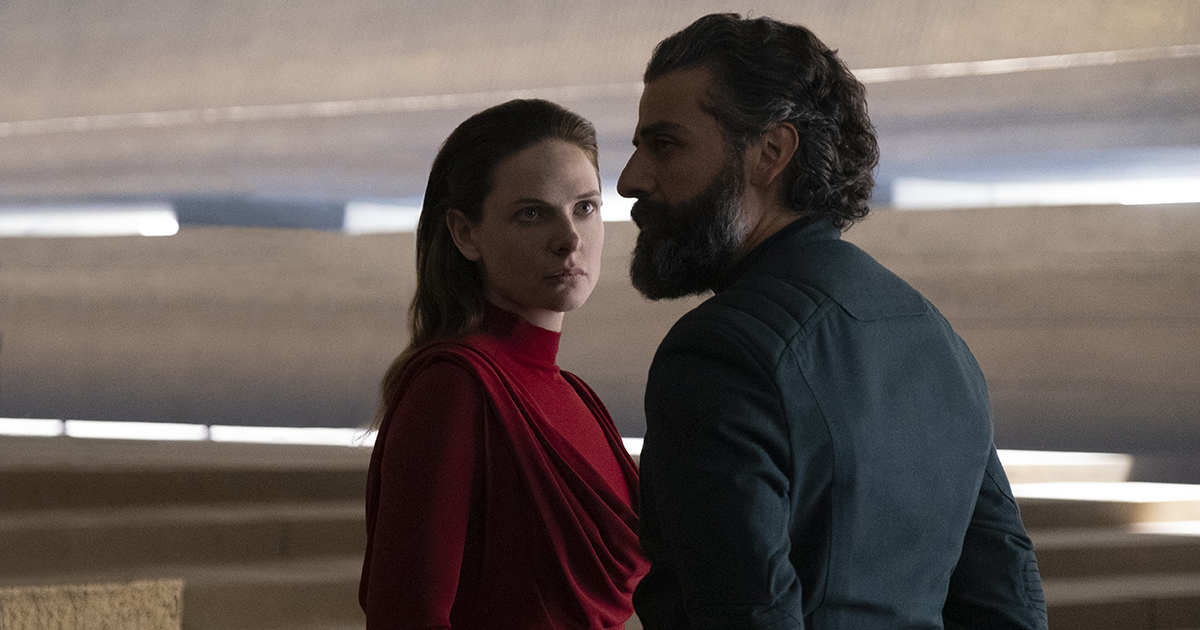
Photo Credit: Chiabella James
In order to manifest that vision, Villeneuve teamed with screenwriters Eric Roth and Jon Spaihts. The director credits Roth with tackling modernization concerns early in the process.
Female-Forward Sci-Fi?
Villeneuve remembers, “When I started to work with Eric Roth, he said, ‘What would be the most important thing that we should bring upfront in this adaptation?’ And I said, ‘Women.’ In the book, Lady Jessica, Paul’s mother, is a very, very important character, a character that triggers the story. Paul Atreides is the main character, but very close to him is Lady Jessica.”
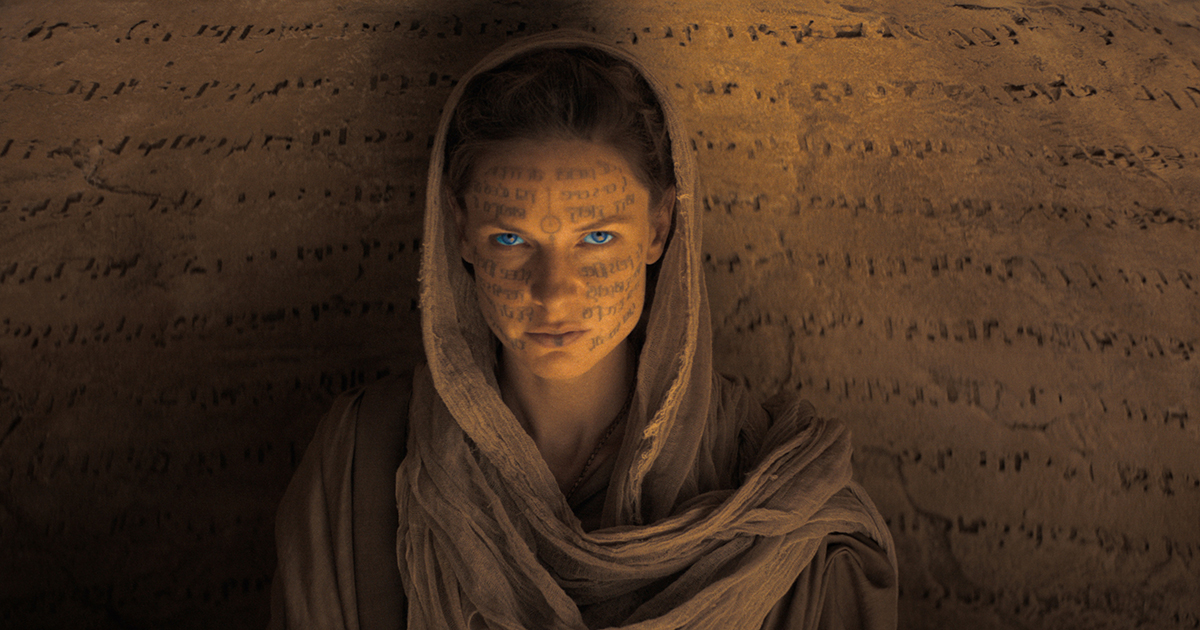
Furthering a more feminist interpretation began with an emphasis on Lady Jessica but did not end there for Villeneuve. He intended “to make sure that there’s equality between the voices of genders.”
As part of that end, Villeneuve’s planetologist Liet-Kynes is played by Sharon Duncan-Brewster.
While Herbert wrote the character as male, Villeneuve maintains that he, Roth, and Spaihts believe they maintained the integrity of the role. “[W]hen you make a movie adaptation, you make decisions, but these decisions are made in deep relationship with the book. This idea of making Kynes a woman makes the most sense and doesn’t change the nature of the book.”
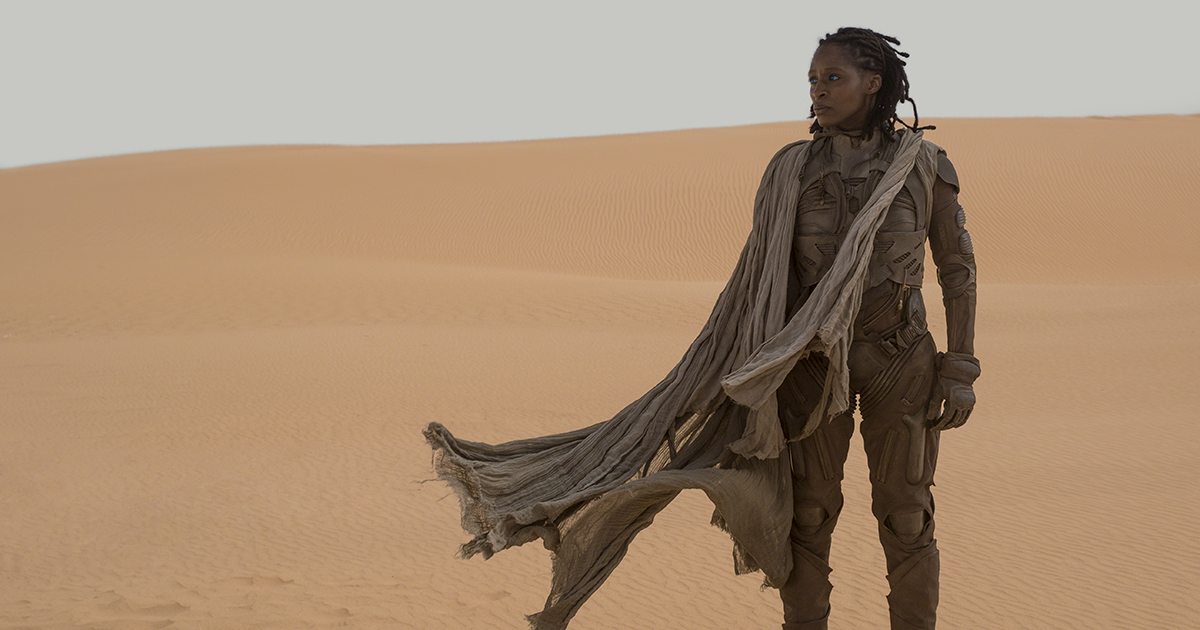
Photo Credit: Chiabella James
The full Q&A is available on Wired.
If the interview isn’t enough to pique your curiosity, perhaps this eight-minute “Dune” trailer super-cut will do the trick.


